After hours of intense debate, a momentous bill that has been the subject of discussion and contention for years has finally seen the light of day. Today, in a historic move, the Lok Sabha passed a bill providing 33 percent reservation to women in both Parliament and state assemblies. This landmark legislation, which marks a significant step towards gender equality in Indian politics, was introduced and passed in the lower house for the very first time.
The bill's passage was achieved through a voice vote during a five-day special session convened to commemorate the 75th anniversary of Indian Independence. It garnered widespread support from 454 Members of Parliament (MPs), with only two MPs voting against it. The bill's journey is far from over, as it is set to be presented in the Rajya Sabha on Day Four of the special session.
However, the road to the actual implementation of this quota is not without its challenges. The legislation stipulates that the reservation can only be put into effect following a census and delimitation process, a requirement that could potentially delay its implementation by at least six years. This particular aspect of the bill has become a point of contention and debate among opposition parties.
Union Home Minister Amit Shah, addressing this concern, has reassured the nation that both the census and delimitation processes will commence after next year's general election. This development marks a significant milestone for the bill, as a similar proposal in 2008, drafted by the UPA government, could only clear the Rajya Sabha before being thwarted by parties demanding reservations for Other Backward Classes (OBCs) as well.
The passage of this historic bill is a testament to the growing recognition of the vital role women can play in shaping the nation's political landscape. It is a significant step towards rectifying the longstanding gender imbalance in Indian politics, where women have often been underrepresented.
The bill's introduction and passage in the Lok Sabha signal a watershed moment in the fight for gender equality in Indian politics. For years, the issue of women's representation in legislative bodies has been a topic of discussion and contention. Many have argued that a more balanced and inclusive political landscape is essential for the country's progress and development.
The bill's proponents have long argued that increasing the participation of women in politics will not only promote gender equality but also lead to more comprehensive and inclusive policymaking. They contend that diverse perspectives and experiences are crucial for addressing the multifaceted challenges facing India today.
The overwhelming support for the bill in the Lok Sabha, with 454 MPs rallying behind it, demonstrates a growing consensus among lawmakers about the need for greater gender parity in politics. The minimal opposition to the bill underscores its significance as a unifying force in Indian politics, transcending party lines and ideologies.
However, the road ahead remains challenging. The requirement for a census and delimitation before the implementation of the reservation is a substantial hurdle. Critics argue that this delay could hinder progress towards achieving gender parity in politics, and it has provided ammunition for the Opposition to question the government's commitment to the cause.
Nonetheless, Union Home Minister Amit Shah's assurance that both the census and delimitation processes will begin after the upcoming general election has provided a glimmer of hope for those advocating for women's representation. It is a significant commitment, signaling the government's determination to move forward with this groundbreaking legislation.
As the bill heads to the Rajya Sabha, all eyes will be on the upper house to see whether it will garner the same level of support and enthusiasm as it did in the Lok Sabha. If it successfully passes through both houses of Parliament, it will mark a momentous leap forward in the journey towards gender equality in Indian politics.
In conclusion, the passage of the bill providing 33 percent reservation to women in Parliament and state assemblies in the Lok Sabha is a historic moment in Indian politics. This legislation, which has been a long-standing aspiration, has the potential to transform the political landscape by promoting greater gender equality. While challenges lie ahead, the commitment of the government to initiate the census and delimitation processes after the next general election is a positive sign. The bill's journey through the Rajya Sabha will be closely watched, as it represents a crucial step towards achieving gender parity in Indian politics.







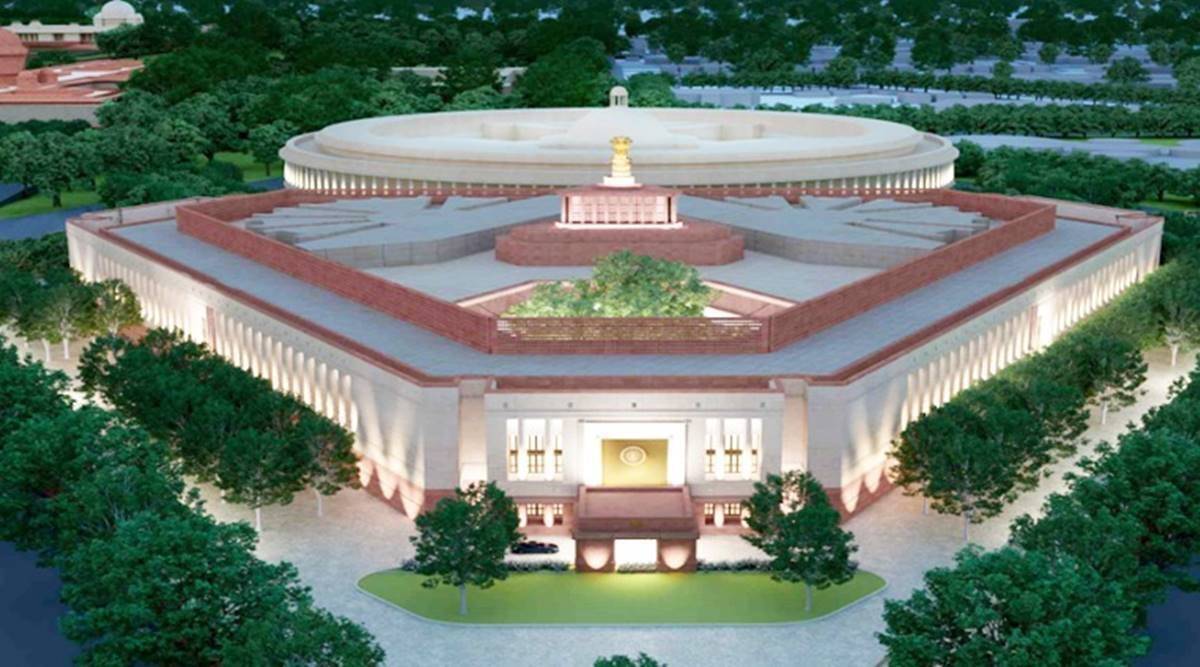
 OpinionExpress.In
OpinionExpress.In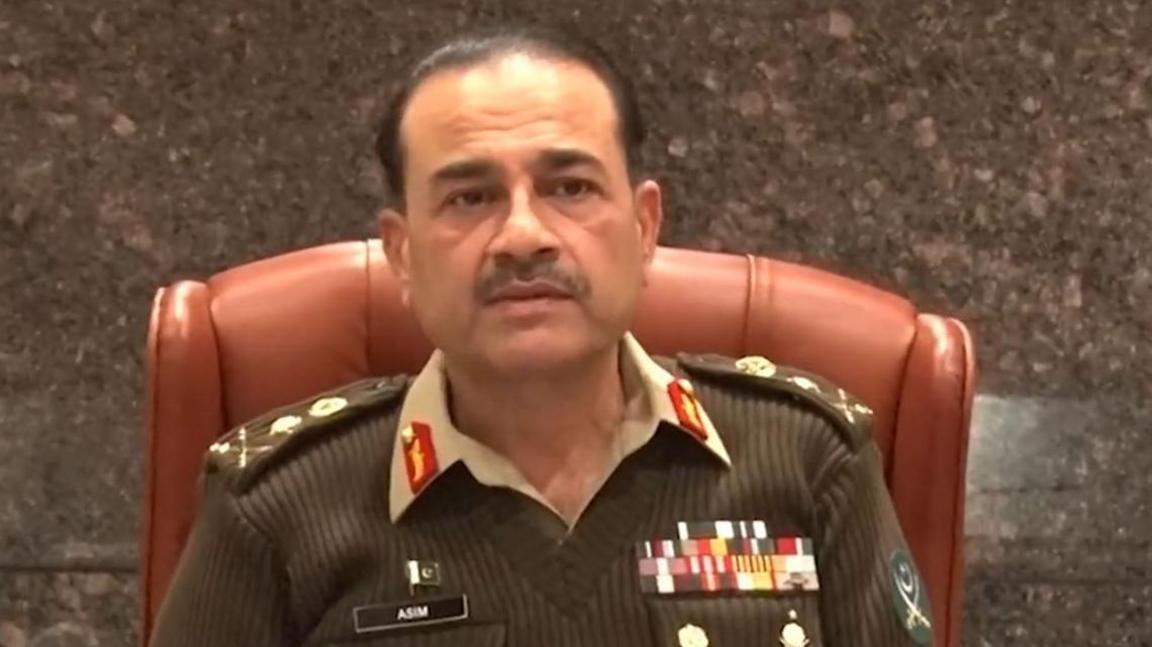

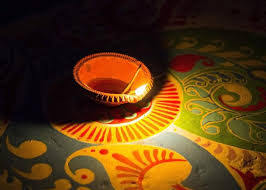

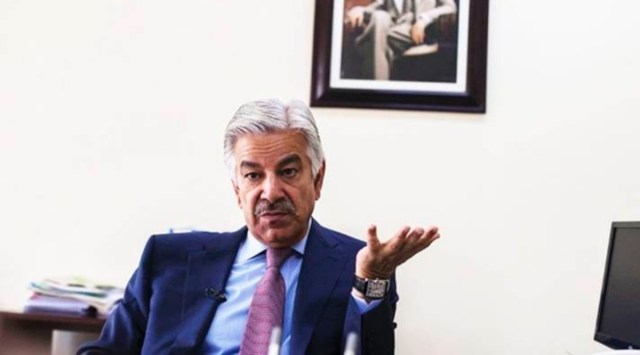
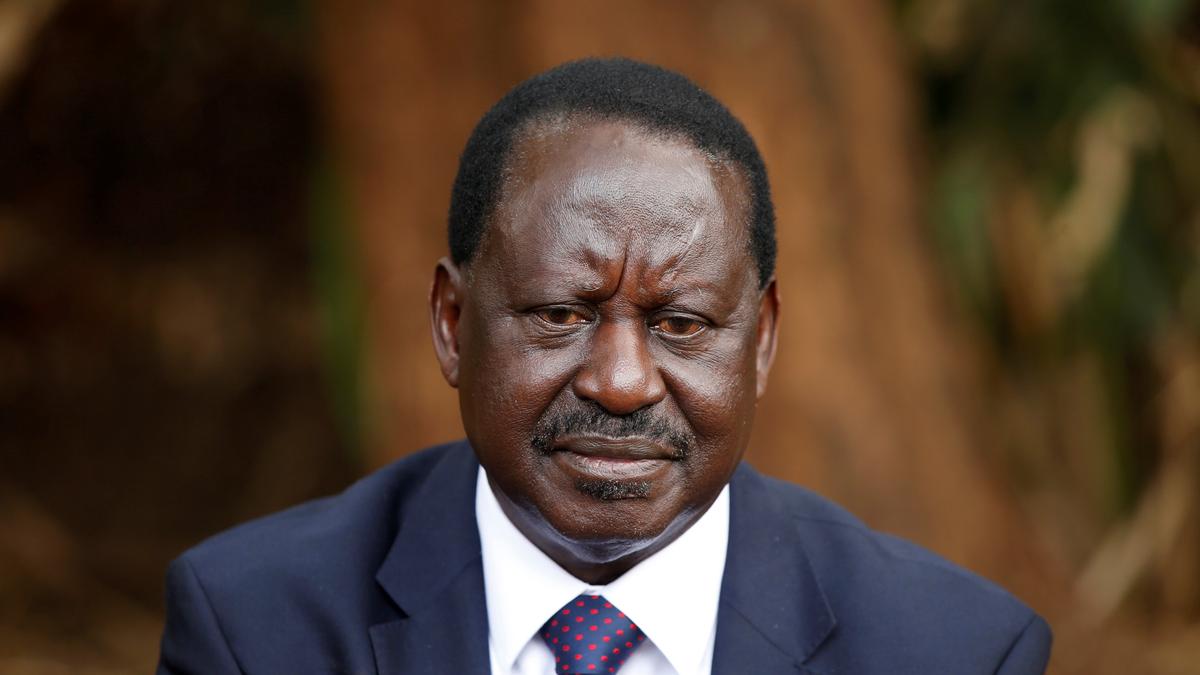


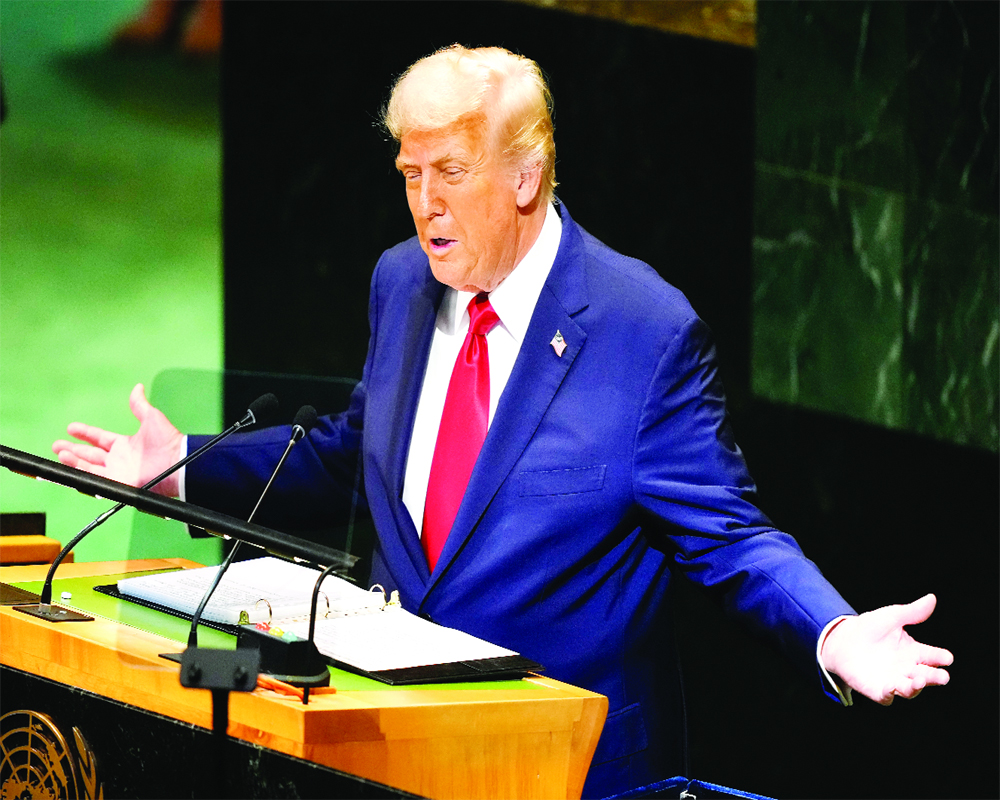







Comments (0)